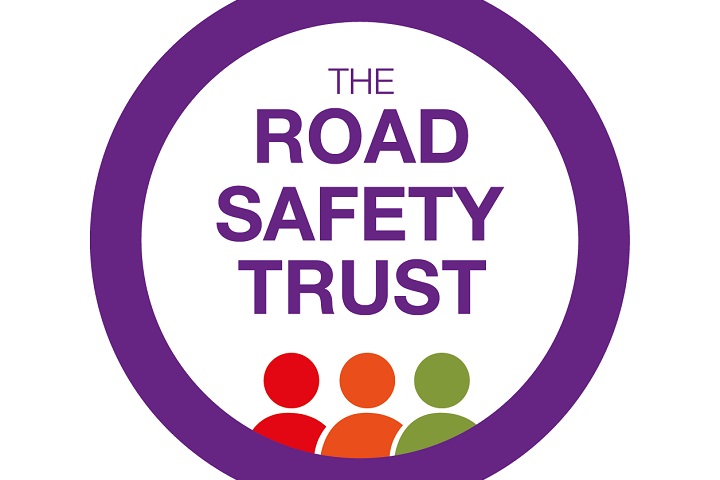
A new project will assess whether a ‘caffeine-nap’ can counteract sleepiness among drivers who suffer with obstructive sleep apnoea.
Government figures show fatigue was a contributory factor in 1,195 collisions during 2021.
Obstructive sleep apnoea (OSA) patients are at increased risk of driver sleepiness, yet there is a gap in evidence for this specific demographic regarding what they should do if they feel tired when driving.
This new project, funded by The Road Safety Trust and carried out by Loughborough University, will evaluate the efficacy of a ‘caffeine-nap’ – where drivers have a caffeinated drink and a 15 minute nap – as a countermeasure to driver sleepiness for OSA patients.
It will seek to develop an evidence-based recommendation for best practice, which will then be disseminated to OSA patients.
Dr Ashleigh Filtness, professor of transport, human factors and sleep science, University of Loughborough, said: “Sleepiness is a natural part of everyday life. All people get tired every day so all drivers should know what to do if they become tired when driving.
“Having a caffeinated drink and a 15 minute nap (if possible) helps to temporarily alleviate tiredness. This countermeasure of a ‘caffeine-nap’ has been evaluated in laboratory settings, however, it is not known how (if) drivers put this advice into practice in the real world.
“Additionally, while this advice is likely to be appropriate for the vast majority of people, for some its efficacy has not been tested and it could be that alternative advice may be more effective.
“One such group is OSA patients. OSA patients would routinely be advised to sleep on their side and use a continuous positive air pressure machine while sleeping, neither of which is practical when having a nap in a vehicle.
“This project will undertake a focused investigation to develop appropriate guidance for OSA patients and their physicians. Being alert when driving is everyone’s responsibility, so it is important that we all have access to accurate information to help manage driver sleepiness.”
The outcome of the project will be an evidence-based recommendation for caffeine-nap best practice for tired OSA drivers. Recommendations will be targeted to OSA patients (disseminated through OSA charities), physicians and the Driver and Vehicle Standards Agency (DVSA).
The guidance will be produced in an accessible format, including a short video.
Sonya Hurt, chief executive of The Road Safety Trust, said: “Driver fatigue causes hundreds of collisions a year. It is a really serious issue.
“This project can play a big role in alleviating risk for drivers who suffer with OSA, through establishing the best practice for so-called caffeine-naps.”
Comment on this story